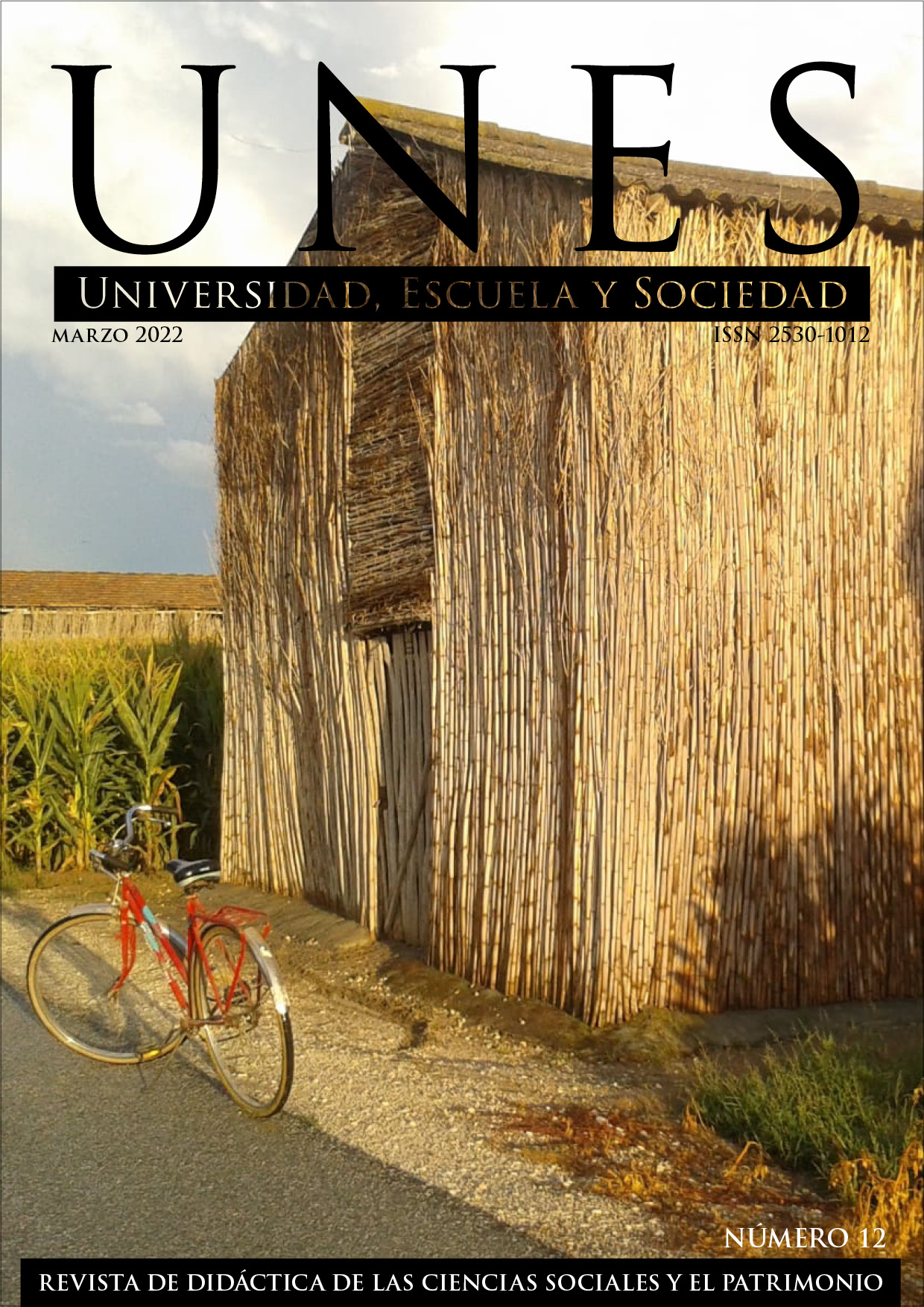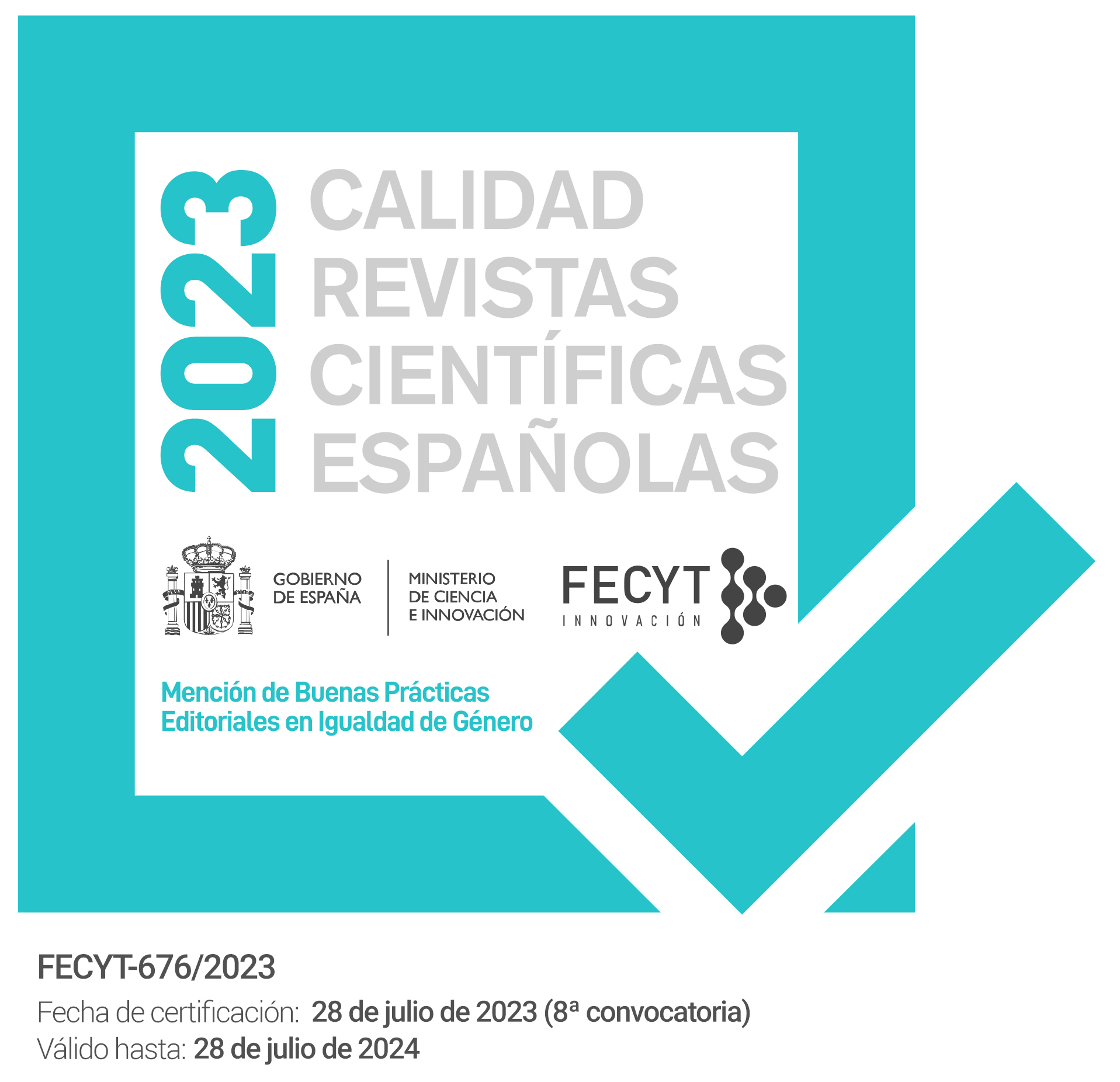El mito del altruismo
DOI:
https://doi.org/10.30827/unes.i12.21743Palabras clave:
Altruismo, Bien estar, Felicidad, Sacrificio, EgoísmoResumen
Las primeras y actuales definiciones de altruismo no difieren notablemente a pesar del transcurso del tiempo. Actualmente, se asocia el altruismo con el sacrificio y está posicionada como opuesta del egoísmo. Sin embargo, los resultados de investigaciones del área de psicología, biología, y el área social demuestran que el egoísmo es responsable de las conductas altruistas. Así también, que la conducta altruista genera bien estar y felicidad en las personas.
Descargas
Citas
Aknin, L. B., Barrington-Leigh, C. P., Dunn, E. W., Helliwell, J. F., Burns, J., Biswas-Diener,R., & Norton, M. I. (2012). Prosocial spending and well-being: Cross-cultural evidence for a psychological universal. Journal of Personality and Social Psychology, 104, 635-652. https://www.apa.org/pubs/journals/releases/psp-104-4-635.pdf
Buchanan, K. E., & Bardi, A. (2010). Acts of Kindness and Acts of Novelty Affect Life Satisfaccion. The Journal of Social Psychology, 150(3), 235-237.
Comte, A. (1852) Catéchisme positiviste : ou, Sommaire exposition de la religion universelle, en onze entretiens systématiques entre une femme et un Prêtre de l'humanité (Paris : Chez l'Auteur...et chez Carilian-Goeury et Vor Dalmont) (page images at HathiTrust)
Dawkins, R. (1989). El gen egoísta. Las bases biológicas de nuestra conducta. Editor digital: Horus. https://revistagalileu.globo.com/Ciencia/noticia/2015/06/richard-dawkins-relaciona-teoria-dos-genes-egoistas-aos-individuos-cooperativos.html.
Viveros Fuentes, S. (2010). APA Diccionario conciso de Psicología (1a. ed.). Manual Moderno.
Duke University Medical Center. (2007). Researchers have discovered that activation of a particular brain region predicts whether people tend to be selfish or altruistic. https://www.sciencedaily.com/releases/2007/01/070121162756.htm
Latané, B. y Darley, J. (1970). The unresponsible bystander: Why doesn’t he help. Appleton-Century-Croft.
López, F (1994) Para comprender la conducta altruista. Editorial Verbo Divino.
Luks, A. (1988). Helper’s High: Volunteering makes people feel good physically and emotionally. And like “runner’s calm,” it’s probably good for your health. Psychology, 22,34-42.
Papalia, Diane E., Duskin Feldman, R. (2013). Desarrollo Humano. McGraw-Hill.
Real Academia Española. (2021). Diccionario de la lengua española [Dictionary of the Spanish Language] (23nd ed.). https://dle.rae.es/altruismo
Shaver, R. (2019). Egoism. The Stanford Encyclopedia of Philosophy, 1,1, 7-10. https://plato.stanford.edu/archives/spr2019/entries/egoism/.
Stiefken, J. (2014). Altruismo y solidaridad en el Estado de Bienestar (tesis doctoral), Universidad Autónoma de Barcelona.
Trivers, R. (1971). The Evolution of Reciprocal Altruism. The quarterly review of biology, 46, 1, 35-57. https://greatergood.berkeley.edu/images/uploads/Trivers-EvolutionReciprocalAltruism.pdf
Warneken, F. & Tomasello, M. (2009). Varieties of altruism in children and chimpanzees. Trends in Cognitive Sciences, 13(9), 397-400. https://greatergood.berkeley.edu/images/uploads/Warneken-AltruismChildrenChimpanzees.pdf
Zahn-Waxler, C., Radke-Yarrow, M., & King, R. A. (1979). Child rearing and children's prosocial initiations toward victims of distress. Child development, 50(2), 319–330. https://doi.org/10.1111/j.1467-8624.1979.tb04112.x
Descargas
Publicado
Cómo citar
Número
Sección
Licencia
Derechos de autor 2022 Jhuliza Teresa Poma Choque

Esta obra está bajo una licencia internacional Creative Commons Atribución-NoComercial-CompartirIgual 4.0.
Los autores que publican en esta revista están de acuerdo con los siguientes términos:
Los autores conservan los derechos de autor y garantizan a la revista el derecho de ser la primera publicación del trabajo al igual que licenciado bajo una licencia de Creative Commons Reconocimiento-NoComercial-CompartirIgual 4.0 Internacional que permite a otros compartir el trabajo con un reconocimiento de la autoría del trabajo y la publicación inicial en esta revista.
Los autores pueden establecer por separado acuerdos adicionales para la distribución no exclusiva de la versión de la obra publicada en la revista (por ejemplo, situarlo en un repositorio institucional o publicarlo en un libro), con un reconocimiento de su publicación inicial en esta revista.
Se permite y se anima a los autores a difundir sus trabajos electrónicamente (por ejemplo, en repositorios institucionales o en su propio sitio web) antes y durante el proceso de envío, ya que puede dar lugar a intercambios productivos, así como a una citación más temprana y mayor de los trabajos publicados (Véase The Effect of Open Access) (en inglés).
Los autores han respetado la política de autoría de esta revista






 ISSN-e: 2530-1012
ISSN-e: 2530-1012









